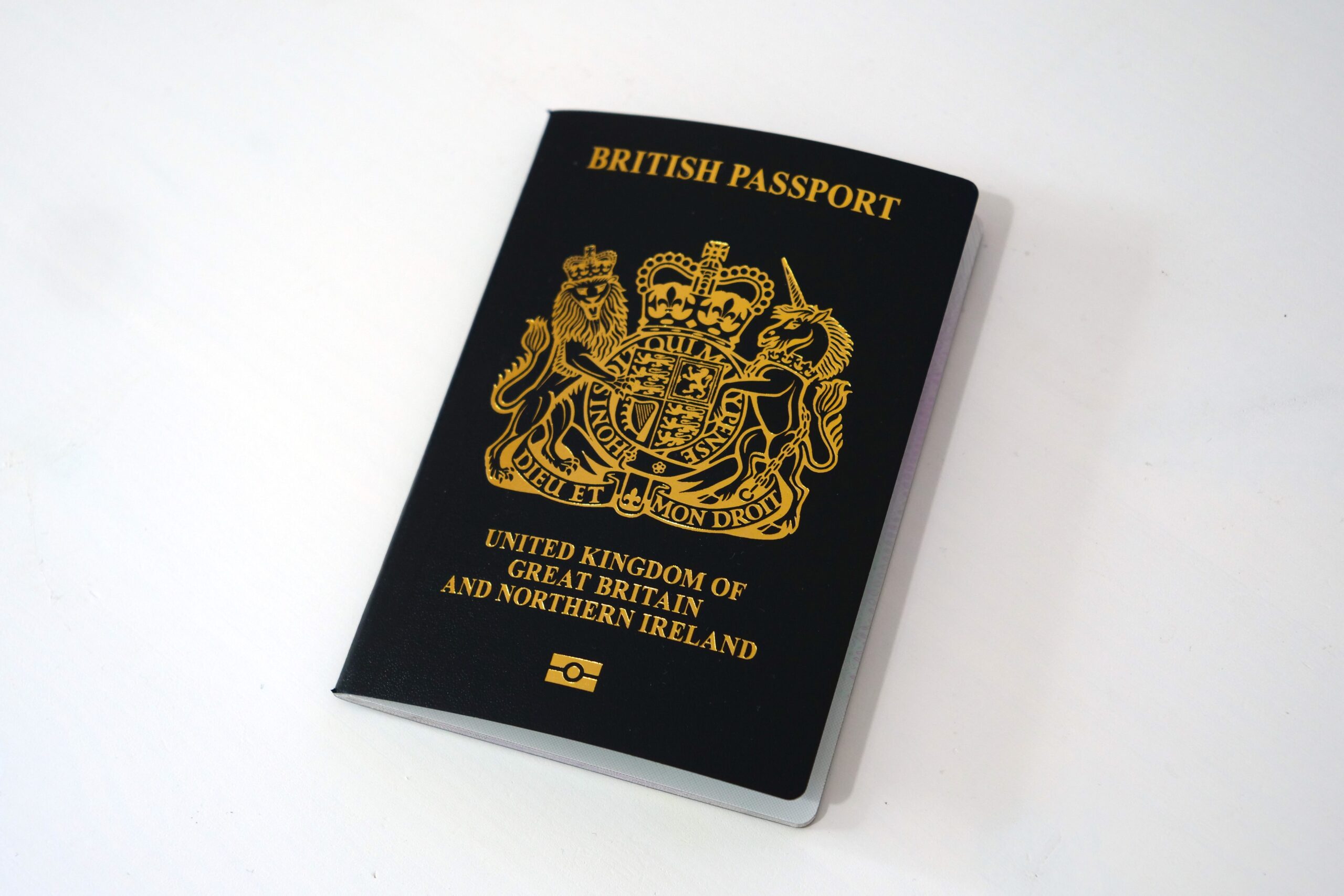Right to Rent Legislation in the UK
November 17th, 2022
What is Right to Rent?
Right to rent was introduced as part of The Immigration Act of 2014. It placed a legal requirement on both agents and landlords to check the immigration status or ‘right to rent’ of all prospective adult occupiers. This includes those not named on the tenancy agreement. According to the Government, the law “aims to deter those who are illegally residing in the UK from staying in the country.”
What types of tenancies?
Right to rent applies to “the majority of residential tenancy agreements that require the payment of rent.” There are a few exceptions to this. For instance, according to Gov.uk, right to rent checks to not need to be carried out on individuals moving into the following types of accommodation:
- Social housing
- A care home, hospice, or hospital
- A hostel or refuge
- A mobile home
- Student accommodation
Right to Rent Checks
To ensure that prospective tenants have the ‘right to rent’ a property, private landlords and agents carry out what is referred to as ‘right to rent’ checks. This is where prospective tenants and occupiers are asked to provide relevant documentation. This is to prove that they have the right to live in the UK, either permanently or temporarily. These include:

British Citizens:
- A passport (current or expired) showing that the holder is a British citizen
- A combination of:
- A valid UK photo-card driving license
- A birth certificate issued in the UK
- An adoption certificate issued in the UK

Non-British Citizens:
- A combination of:
- A passport
- A valid visa or Biometric Residence Permit (BRP)*
There are a number of additional acceptable documents/ combinations of documentation that both British and non-British prospective tenants can provide to complete a right to rent check.
Covid-19 Right to Rent Temporary Measures
On 30 March 2020, to allow for the ongoing constraints of the Covid-19 pandemic, the government implemented some temporary changes. These changes are to allow the right to rent checks to be carried out remotely. This allowed for:
- Checks to be carried out over video calls
- Tenants to send scanned copies of relevant documentation via email or mobile app rather than original copies
These changes are due to remain in place until 30th September 2022 (inclusive).
Right to Rent Check Fail
If a tenant or adult occupier is unable to provide agents or landlords with the relevant documentation, you are obligated to contact the Home Office Landlord Checking Service.
These checks should be undertaken by landlords and agents within the 28 days before the start date of a new tenancy. Failure of landlords or agents to carry out adequate right to rent checks could result in civil penalties of up to £3,000.
Similarly, if a landlord or agent is found to be renting to individuals who they know do not have the ‘right to rent’ in England they can be penalised. Penalties range from “£1,000 for the first offence to unlimited fines and a prison sentence.” (I have a pdf to hyperlink but I don’t know how to do this)
In cases where tenants or occupiers were given temporary permission to reside in the UK, agents and landlords must carry out follow-up checks at the later of the following dates:
- The end of your tenant or occupiers’ permission to stay in the UK
- 12 months after your previous check
Failure to do so can also result in civil penalties up to £3,000. If a tenant or occupier fails a follow-up right to rent check, you must inform the Home Office. The Home Office will need to know the fact that they can no longer legally rent property in England.
The Future of Right to Rent
From 6 April, the Home Office has confirmed that some third-party services will be certified as identity service providers (IDSPs). These services will enable agents and landlords to carry out digital right to rent checks on British and Irish citizens. It will not require them to check prospective tenants or occupiers’ hard copies.
*From 6 April 2022, agents and landlords cannot accept hard copy biometric residence permits, cards of frontier worker visas. Instead, non-British nationals will need to provide agents or landlords with a Home Office digital share code. Prospective tenants and occupiers will continue to have to provide agents and landlords with proof of identification. Agents and landlords can check the image against the applicant.
Want to
Stay in Touch?
Sign Up to our Newsletter

Emma's Estate Agents is a trading name of Emma’s Estate Agents Ltd. Est. 1995 (©) 2022. VAT No: 248 9798 28. All Rights Reserved. Ombudsman Membership Number: T06664


